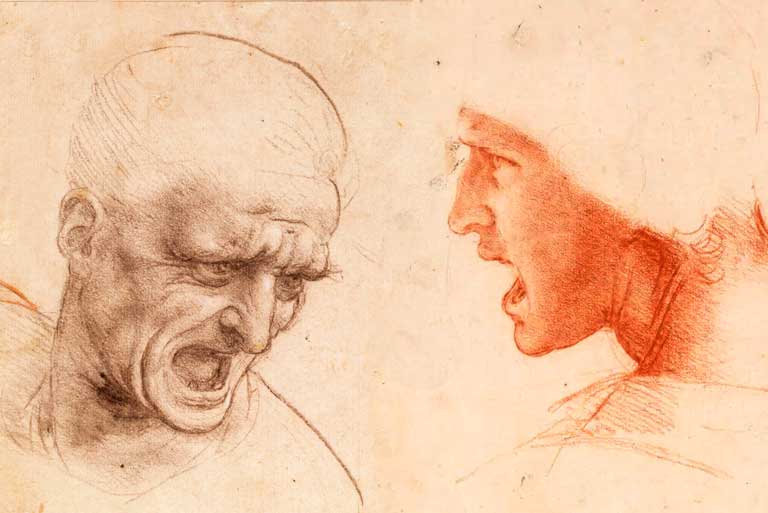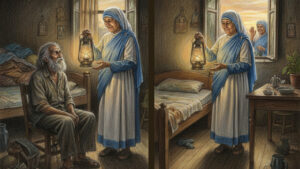Once Fray Luis de Granada heard someone who was very angry with someone else, say: “he cannot do that, it is totally unacceptable.” Fray Luis de Granada approached this person and said to him: “you are facing this person with a wrong heart.”
“With a wrong heart?” he asked and continued: “What do you mean?”
“Look” Fray Luis de Granada said, “we should have three different hearts: towards God the heart of a son, towards men the heart of a mother, and towards ourselves the heart of a judge; but you are having a heart of a judge towards your brother.”
He gave him good advice. We usually have a heart of a mother towards ourselves and a heart of a judge towards our brothers. This means that we are indulgent and compassionate towards our own defects, faults, imperfections, etc. and we are very strict and unmerciful with the defects, faults, imperfections, etc. of our brothers and sisters.
Why do we tend to act in this way? Because it is easier to change my brothers and sisters than to change myself, or rather, it implies less sacrifices and effort to try to change them than to change myself.
There is another reason as well: when we show the defects of others, we are psychologically trying to cover up our own defects. We believe that we do not have defects, or at least we do not pay so much attention to our defects because we are paying attention to the defects of our brothers and sisters, and thus covering up our defects.
In doing so, we will never grow in holiness because in order to grow in holiness we need to work on our faults, imperfections, sins, etc. In the other way, we will probably end up helping our brothers and sisters to grow in holiness (that is if they pay attentions to us, because usually people do not listen to those who say but do not do what they say, like the Pharisees in the Gospel). If we try our best to overcome our defects our example will probably do more to change people than our corrections.





